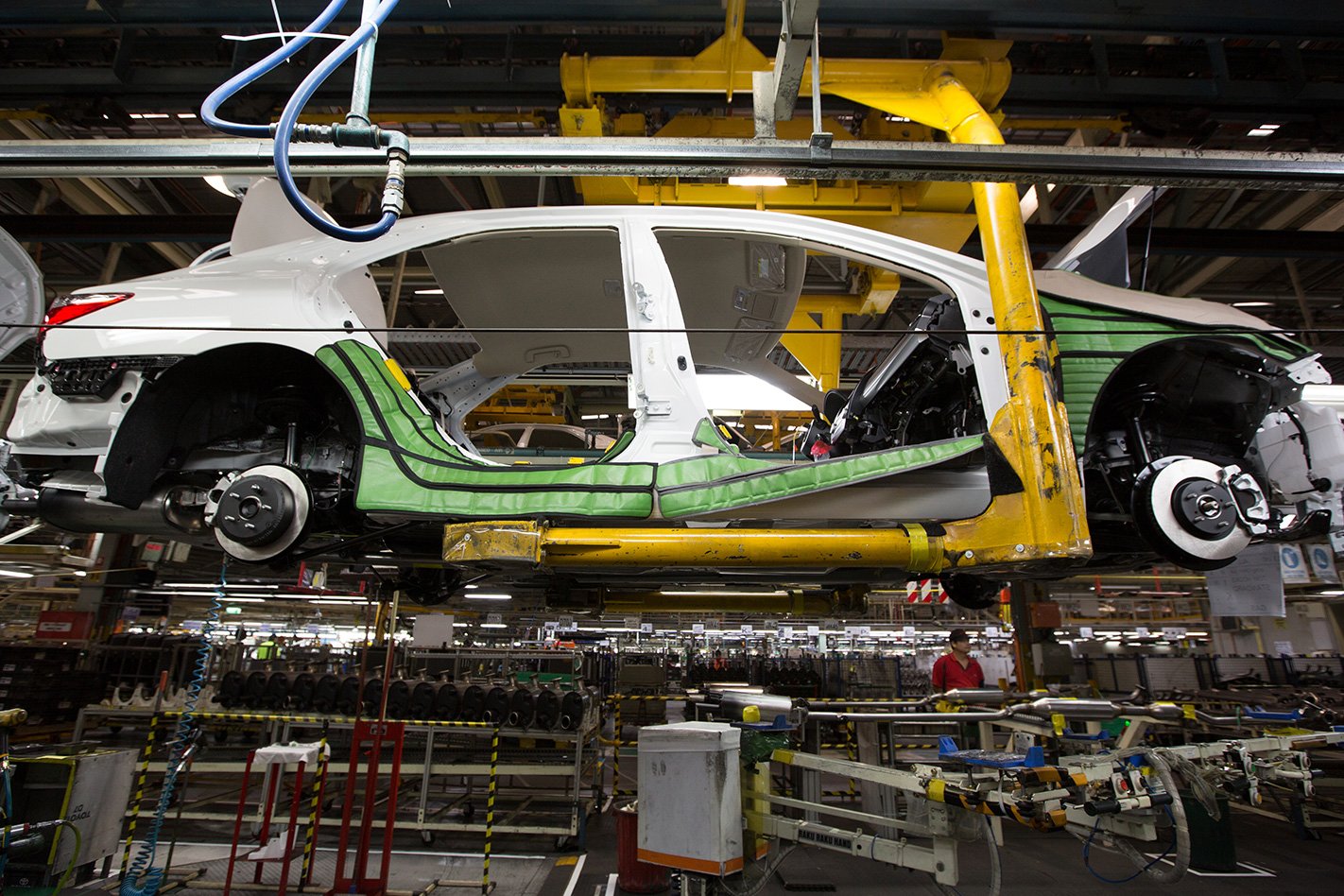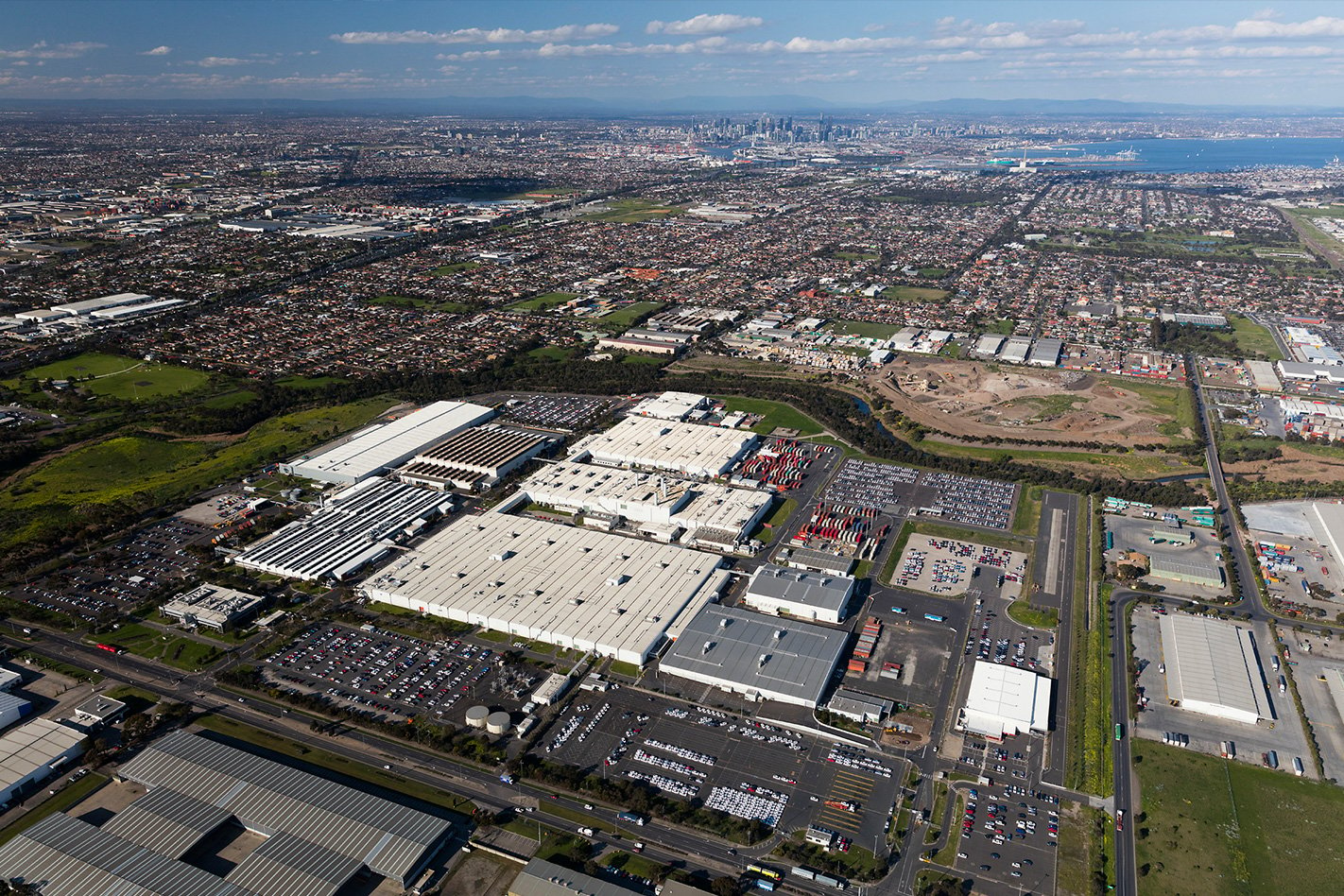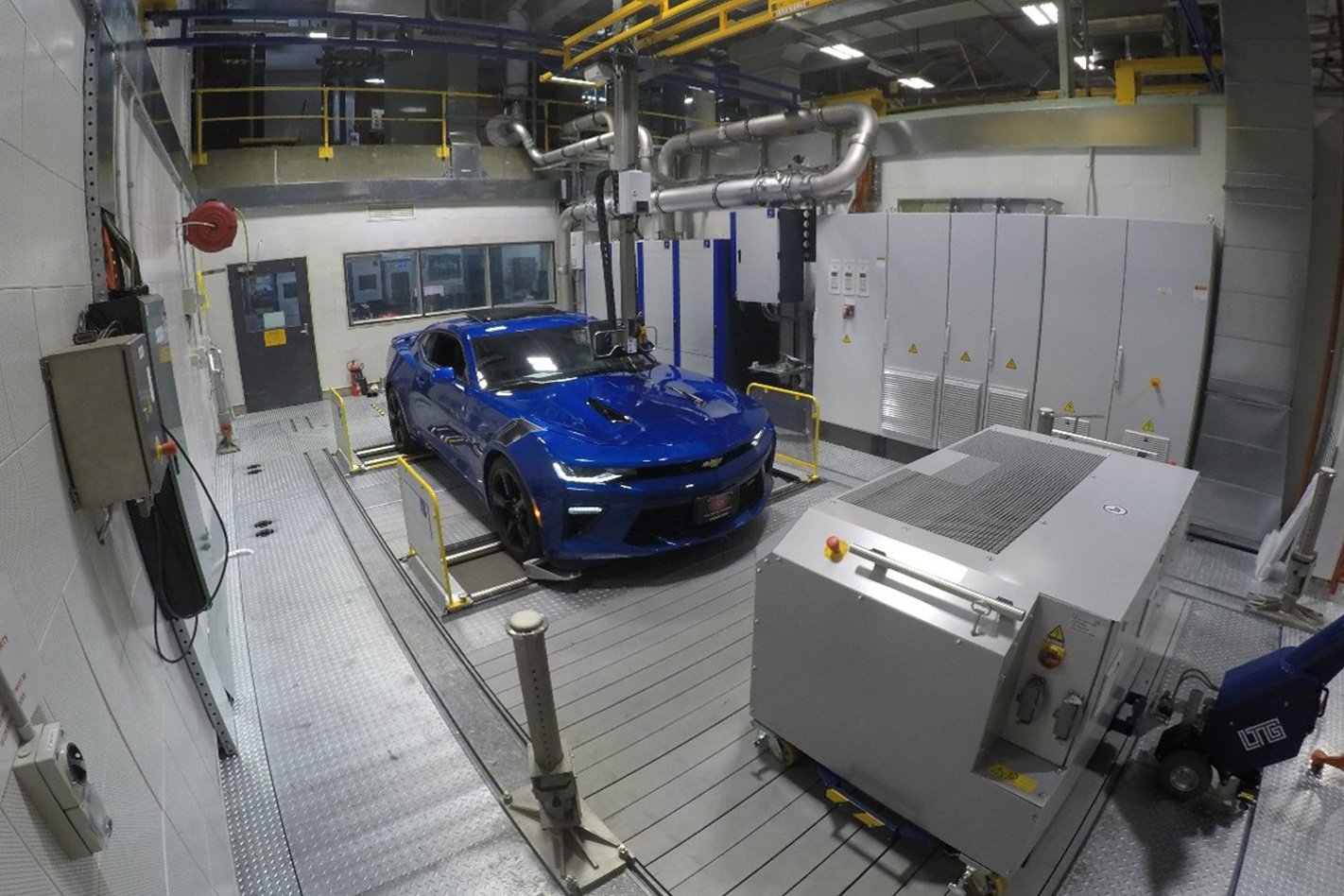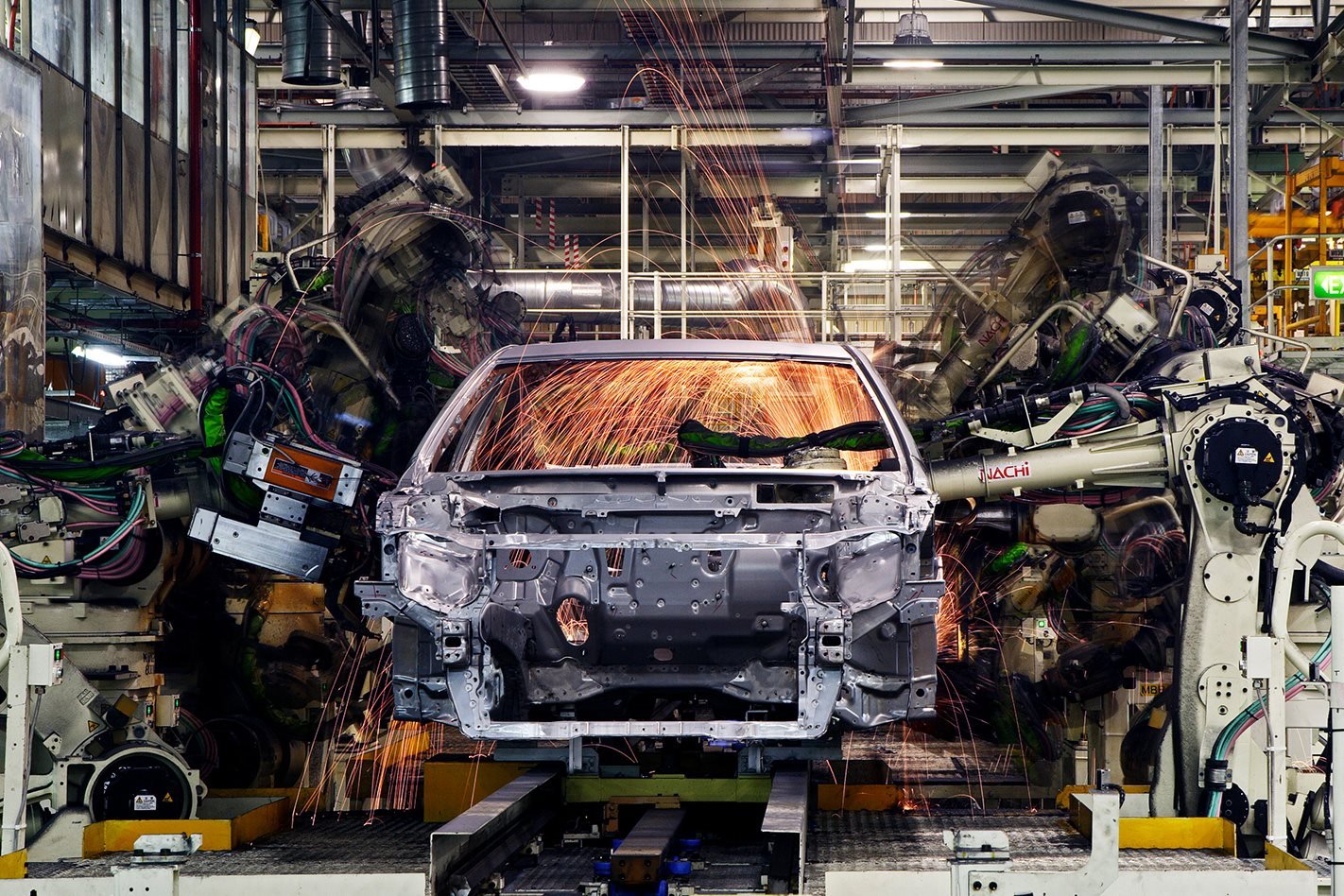Let’s get one thing straight early; it’s extremely unlikely Australia will ever see the mass-production of vehicles on local soil ever again.

But that didn’t stop Labor announcing yesterday it would set aside $57 million to fund a research and development initiative to develop an electric car industry in Australia, focusing on creating EV design and manufacturing jobs in Australia.
It was that last point – manufacturing jobs – that piqued our interest, and the interest of our readers, here at Wheels. The end of local car manufacturing remains something of an open wound for many car enthusiasts, so the promise of having cars built on Aussie soil once more is one worthy of examination.
At the moment, the policy remains just that, a promise, with the May 18 election result still over a week away.
Wheels asked the three companies that last built cars locally, Ford, Toyota, and Holden, what they thought of the proposed policy.
Holden declined to comment, preferring to wait until after the election before chiming in on the debate.

A Toyota Australia spokesperson indicated that it was the lack of charging infrastructure, not manufacturing, that required “significant investment”.
“Toyota has retained significant R&D capacity in Australia however Toyota does not currently have plans to produce vehicles in Australia,” they told Wheels.
“Significant investment in charging infrastructure and solutions to power supply issues in Australia are required before the mass introduction and adoption of battery electric vehicles in the market can become a reality.
“We will continue to work with the government of the day on these issues and advocate for close consultation and collaboration between key government and corporate stakeholders to provide more environmentally friendly and fuel-efficient technology in vehicles.”

Meanwhile, Ford was supportive in principal, but wanted more information before saying anything definitive.
“Ford is supportive of a scheme that takes a pragmatic approach to encouraging private sector investment in valuable R&D and design activities,” a statement read.
“Ford looks forward to seeing further details of the Labor Party’s proposal.”
But, here’s the catch, Labor’s policy doesn’t’ go far enough if it is serious about restarting car manufacturing in Australia on any level.
The truth about electric vehicles
While providing off-the-record backgrounding for the story, multiple members of the industry mentioned that the proposed fund was simply not enough money for the mass-production of cars.
One of the problems with Australia’s now deceased car manufacturing, and there were many, is the cost associated. The government had been subsidising local manufacturing for at least a decade before it all came to an end, but the numbers invested makes Labor’s $57 million seem rather paltry.
It’s estimated Holden received roughly $1.8 billion, Ford around $1.1 billion, and Toyota around $1.2 billion over a 10 year period – in other words, $410 million a year between the three of them.
Government assistance for car manufacturing around the world is the norm, not the exception.
A 2013 analysis by The Conversation, estimated the cost of building a car in Australia is four time that of manufacturing the same vehicle in Asia, and double that of Europe – all before shipping costs are taken into account.
Those figures aren’t about to change for electric vehicles.
So while we won’t see any major factories re-opened with $57 million, the money could, and should, be invested in companies like Tritium in Brisbane, which is a world leader in fast-chargers. Aussie chargers for Aussie roads.
Additionally, Toyota, Ford, and Holden all have design studios in Australia, while the latter pair have proving grounds. Government assistance for the design and development of electric vehicles at these facilities, on the proviso these products are sold locally, would also be welcome.
While it’s nice of Labor to envisage car manufacturing returning, a dose of pragmatism is desperately needed, or at least some deeper pockets.






